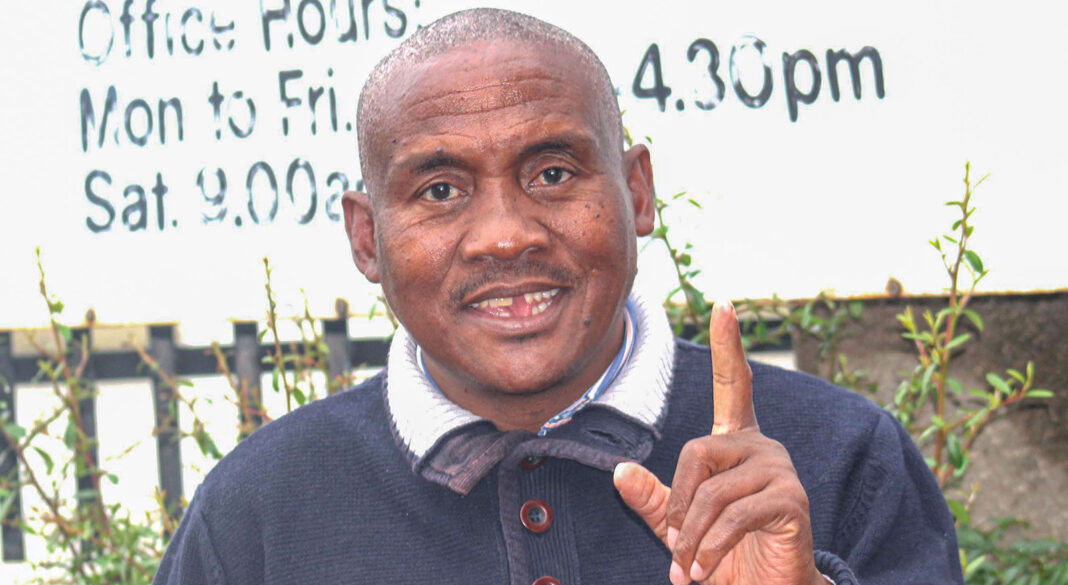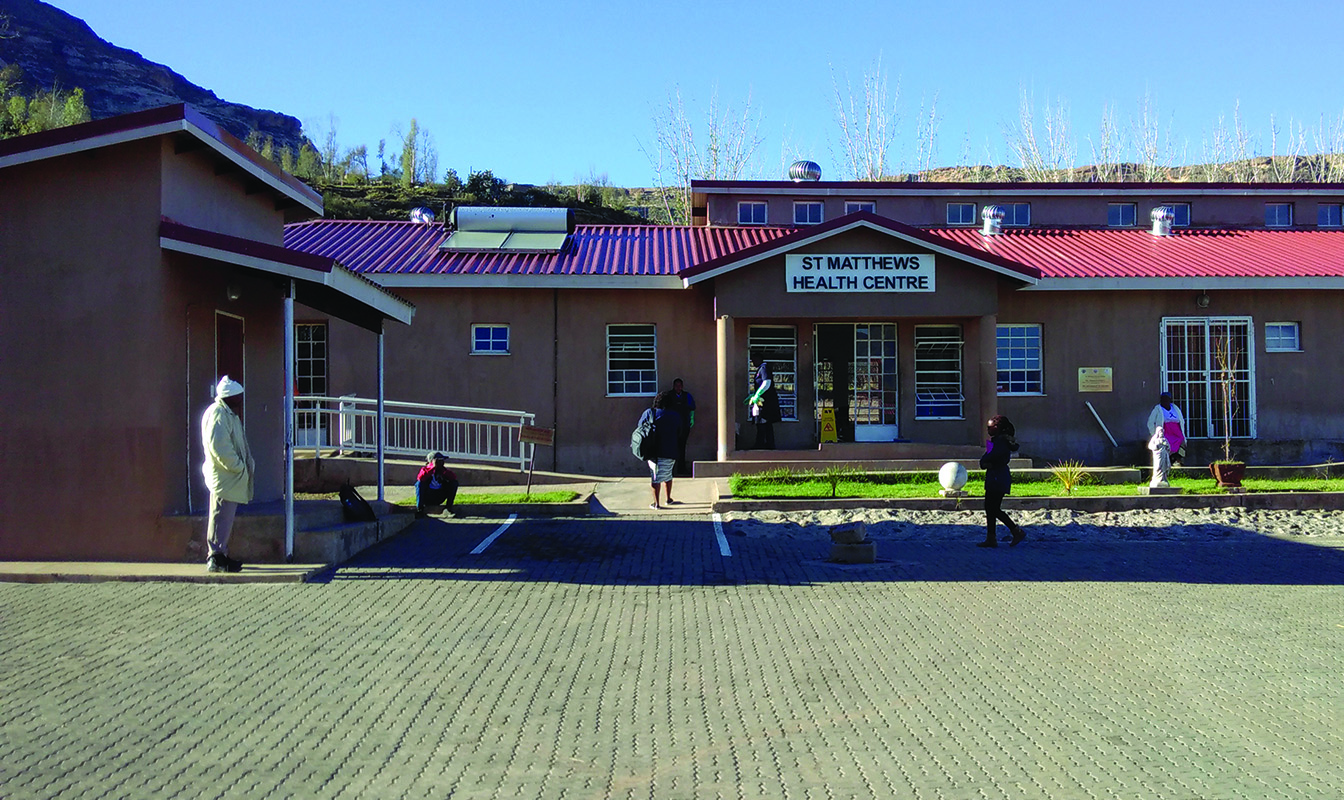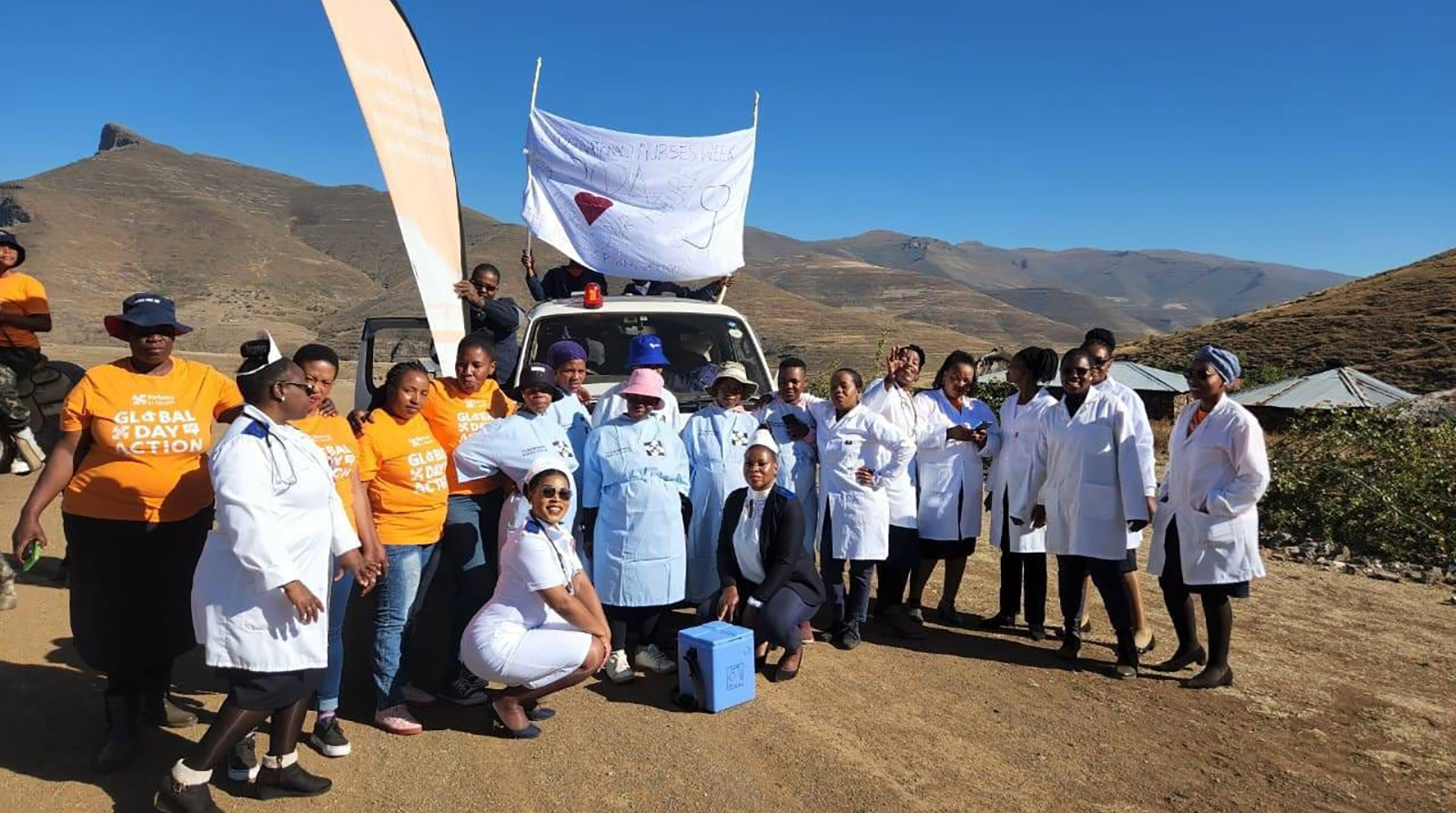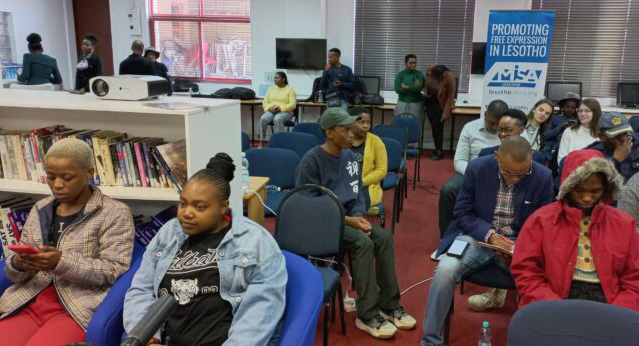Panic over MCC shutdown

SHARE THIS PAGE!
The unexpected shutdown of the Millennium Challenge Corporation (MCC) US$322 million Compact project in Lesotho by the United States last week has taken various local stakeholders by surprise and thrust them into panic mode.
The U.S government through its Department of Government Efficiency (DOGE) announced that it was halting both new and ongoing projects under MCC (Compact I and II) as a part of a major policy shift to curb foreign spending.
Lesotho’s health, agriculture, political, and private sectors which have benefited immensely under this U.S aid programme for years will be mostly affected.
The MCC’s closure marks the end of the one of the most impactful and performance based foreign aid agencies in several developing countries, including Lesotho.
But most crucially for Lesotho, its closure will have far reaching implications on the government financial planning, as the 2025/26 budget was proposed without factoring in this development.
The decision comes barely a year after the MCC deputy chief executive officer, Chidi Blyden, officially launched the Compact II, signalling $300 million investment approval from MCC, complemented by $22 million from the government of Lesotho
The Compact II, which was given the Sesotho name of ‘Leboela la Seepa-mere’’ during its launch at Thaba-Bosiu, was expected to create over 4,000 jobs and improve access to services, particularly for women, youth and persons with disabilities.
The project sought to improve access to quality healthcare, create equitable opportunities for business development and promote high-value crop production, under the implementation of MCA-Lesotho, an independent entity established to implement health and horticulture in Lesotho.
Although the government and MCA-Lesotho
were mum on the closure of the MCC,
authoritative sources confirmed to
theReporter that the U.S government had
indeed pulled the plug on the MCC.
MCA-Lesotho’ communications manager, Palesa Motleleng, this week declined to comment on the status of the project in the country.
“We are busy working with the government now to hold a press conference. We had planned for today (Wednesday) but Hon DPM (deputy prime minister-Nthomeng Majara) was out of the country,” she noted.
Ministry of Finance and Development Planning information officer, Keneuoe Mojaki also refused to comment on the issue saying: “Information regarding the MCC will be officially communicated in due time. At this moment, there is nothing concrete to say.”
Both minister and public relations officer in the ministry of health, Selibe Mochoboroane and ‘Mateboho Mosebekoa said the ministry had not received a formal notification from the US on the closure.
However, the MCC closure comes a month after MCA-Lesotho informed contractors that they had received guidance from MCC on the final determination of the health and horticulture compact. “I wish to take this opportunity on behalf of the MCA team to express my sincere appreciation for all the excellent work done and service provided in the support of MCA-Lesotho II operations,” said MCA.
The Chief Executive Officer (CEO) of the Private Sector Foundation of Lesotho (PSFL), Thabo Qhesi, said the MCC closure will have implications on the government financial planning, as the 2025/26 budget was proposed without factoring in this development.
Qhesi noted that the current economic challenges would only be exacerbated if the government does not revise it budget projects, taking into account the loss of MCC funding.
Without the MCC funding, Lesotho may find itself relying more heavily on imports from South Africa for horticulture products, which will negatively affect the country’s economy.
“Agriculture is a key contributor to our economy but it requires substantial investment. The loss of this funding source will mean that we may struggle to sustain our current agricultural output and could take years to regain the momentum we had with MCC’s support, he warned.
When contacted for comment, the executive director of Lesotho National Federation of the Disabled Persons (LNFOD) Lesotho, Shato Nhlapho, indicated that the abrupt closure of MCC is a reminder that while foreign aid can be helpful in the short term, it cannot serve as a permanent solution for Lesotho’s economic issues.
Nhlapho cited that since last year, after realising that most of the funders are pulling off their aids, LNFOD launched a new strategic plan aimed at strengthening their own capacity to meet the needs of persons with disability.
To minimise the effects of halted aids, Nhlapho said, one of LNFOD’s key priorities is to ensure that they are not solely reliant on external funding sources.
The LNFOD strategic plan includes strategies for fundraising, allowing the organisation to continue with its important work advocating for, and supporting the rights of persons with disabilities even when the external funding is unavailable.
Nhlapho added the organisation has also implemented projects such as Lefedi, to support persons with disabilities to produce for sale.
This is vital to ensure that persons with disabilities in Lesotho can live their lives with dignity and received support they need, whether that comes from the government, civil society or their own communities. “While MCC was a valuable funder, we must recognise that these partnerships are temporary and be prepared to stand on our own feet when the foreign aid ends,” Nhlapho cautioned.
National Assembly Member of Parliament (MP) for Mekaling Constituency, Thabiso Lekitla, underscored the devastating impact that the MCC shutdown could have on the economy of Lesotho, warning it could worsen the existing high unemployment rate.
Lekitla pointed out that the MCC was expected to alleviate unemployment and food insecurity through agriculture and health projects, and its sudden departure would have dire consequences.
“If MCC shutdown its projects in the country, that would lead to a severe unemployment crisis and increase hunger. Its absence would worsen the existing challenges that already hinder agricultural productivity, such as climate change and lack of access to fertilised, further contributing to widespread poverty,” Lekitla warned.
He further stressed that a spike in unemployment could have a snowball effect that ultimately undermines the entire economy.
Rising unemployment levels mean small businesses will collapse, leading to a domino effect within the private sector. If the private sector suffers, Lesotho as a whole will suffer and the country could be pushed into a state of failure, Lekitla noted.
He further stressed the urgent need for the government to address the issue, when the National Assembly opens on Friday (today), following the Easter break.
During the official launch of Compact II on April 11 last year, Prime minister Sam Matekane painted a bright future for Lesotho after securing the MCC funding.
“We have just accomplished a major milestone that ushers in the implementation of the second compact funded by the Governments of Lesotho and the United States of America.
“The job creation potential of the horticulture project alone is estimated at 4,000 jobs, not counting the indirect employment opportunities in packaging, logistics, cold chain operations, and processing, Matekane said then.
MCC, an independent U.S government development agency was founded in 2004 to reduce global poverty through economic growth by providing time-limited grants that pair infrastructure investments with policy and institutional reforms.
The grant is awarded to countries that demonstrate strong governance, a commitment to fighting corruption, and respect for democratic rights.

New water draft law castigated
8 days ago
BCM, Lipholo wife head to appeal court
8 days ago
LDF denies SA military base deal
9 days ago
Panic over MCC shutdown
9 days ago

Basotho unite to preserve their history online
10 days ago

Fuel prices go down
10 days ago
